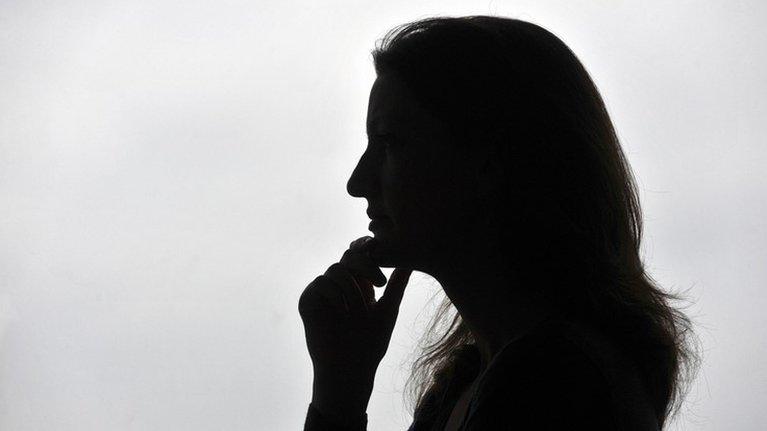The police having transgender training
- Published
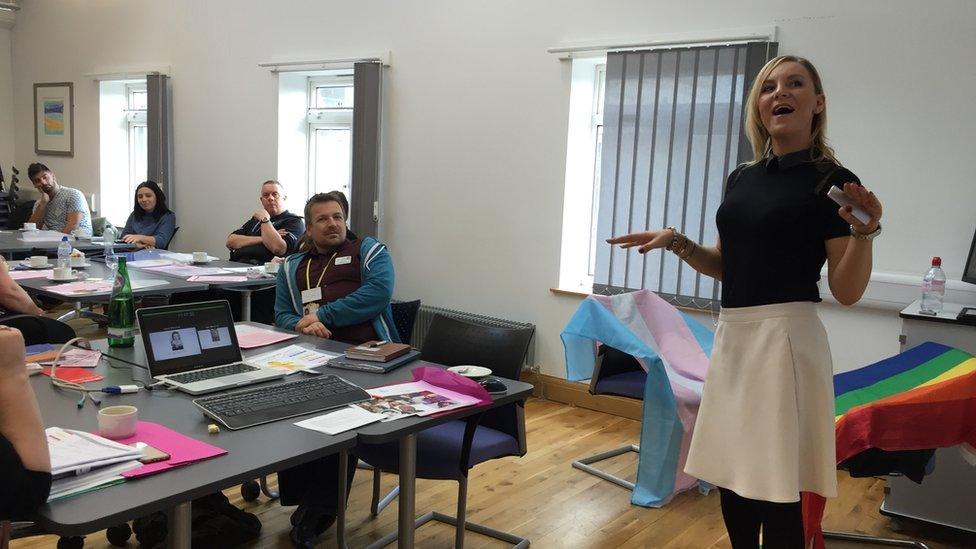
DJ Stephanie Hirst focuses on education in her session for police and criminal justice officials
You may have heard of the radio DJ Simon Hirst. She had a popular show on commercial radio which at one point drew in millions of listeners every week.
But during that time, she was incredibly unhappy. She felt trapped and in a constant state of discomfort.
She was desperate to be herself so, a couple of years ago, Simon transitioned to Stephanie.
Now Stephanie Hirst regularly broadcasts on BBC Radio Manchester. But she also spends much of her time using her life experience to educate others about what it is like to be transgender.
In a classroom on the second floor of a building tucked away near the back of Hull University's leafy campus, Stephanie tells her story to an audience of police officers, members of the Crown Prosecution Service, probation officers and people who are transgender.
The session is one of a number of similar training programmes running in other areas of the UK.
Stephanie feels that by educating people in positions of authority, the justice system will be more aware of the sensitivities around those who are battling with their gender identity and are victims of hate crime.
"My whole role in the trans community is to try to help educate," she says. "I don't want to be one of those people that stands up banging a drum for trans rights.
"If I can help educate the person on the street and talk to people in classrooms and tell them that this is biological and not something that you one day decide, that will help the next person who could suffer transphobia in the street."
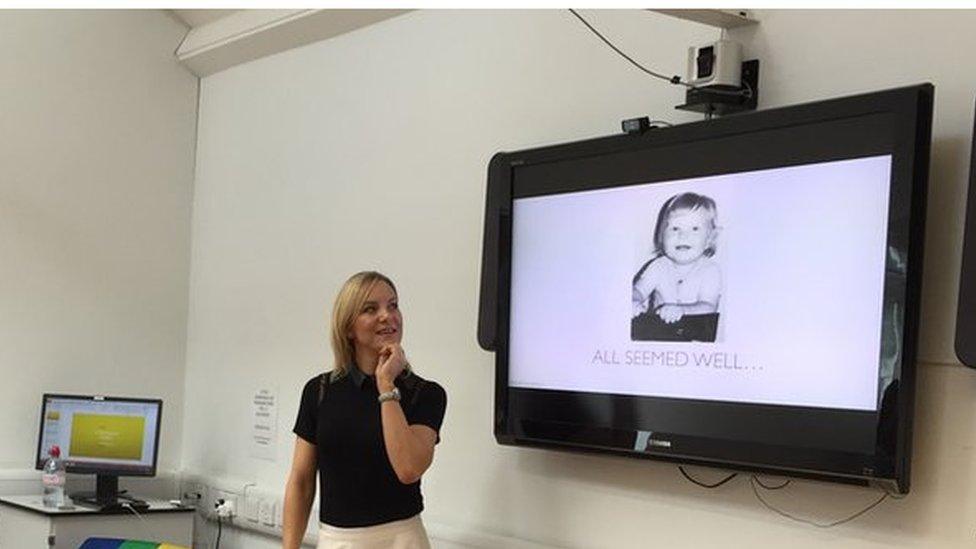
Stephanie shows pictures of herself as a child
Police records show there has been a significant rise in the number of transgender hate crimes over the last four years - from 361 attacks in the year ending 2012 to more than 600 last year.
Some of this is likely to be down to better awareness of the crime and better recording of data.
Even so, the Women and Equalities Select Committee says many of these crimes are massively underreported.
Taking her own life
Stephanie shows the audience some slides from when she was a child and relives a moment when she wished she had breasts.
She conveys the distress, anxiety and depression she had to overcome to make the transition from male to female.
At one point she explains that she was close to taking her own life because she could no longer live in a body that felt wrong to her.
She said: "I always felt as if I was living my life behind a sheet of glass and then there was the real world - so I was constantly trying to get out because I felt like I was caged.
"I felt like the shoes were on the wrong foot and that I was out of kilter."
The people in the audience listen attentively. Sgt Chris Swaby from Humberside Police is quick to tell me how useful he found her story and how it will shape the way in which he deals with victims of transphobic attacks.
He said, "This helped me because every day of the week, you know as a police officer, we deal with members of the public.
"We don't know who we're going to deal with, we don't know what their background is, we don't know what they've gone through.
"Every contact with the member of the public is a trace so if I don't deal with somebody appropriately, then their impression of the police is not a positive one, they won't come back to the police in the future and they won't have confidence in the police."
The training is run by what is called The Diversity Panel, an idea formed and paid for by the Humberside Criminal Justice Board more than 10 years ago.
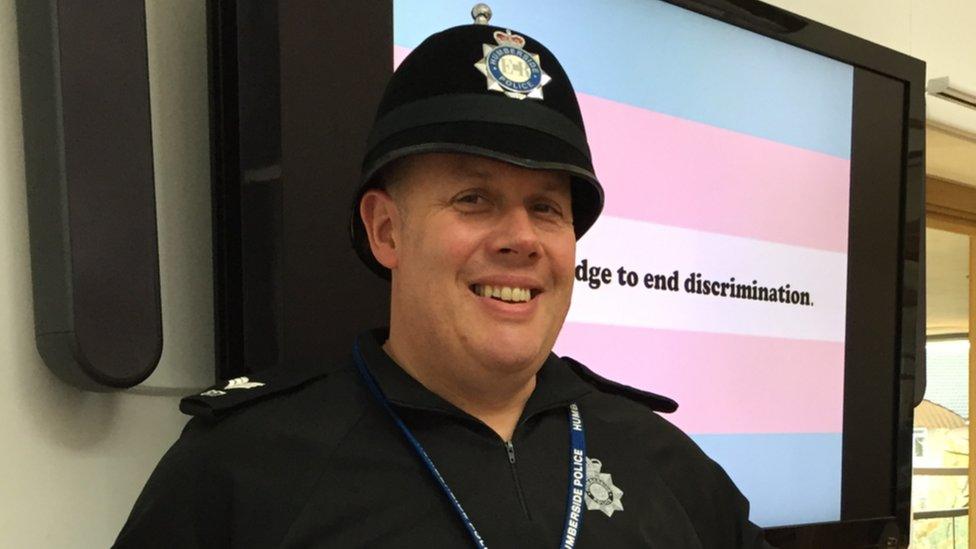
Chris Swaby says the police must create a good impression
Its website says its primary aim is to act as "a critical friend" to local agencies in the criminal justice system by offering them advice and opinion on equality matters.
As part of its portfolio, it also organises training sessions like this one to help police and others understand how best to deal with people from various backgrounds.
Stephen Murphin, who sits on the panel, claims that there is a gap in knowledge when it comes to issues surrounding transgenderism.
He said: "The police have actually been to this training event and are very open about learning the different elements within the committees.
"I mean the good thing is, with the best will in the world, you can't know everything about every identity and culture of what makes up our society but they're willing to learn and that's a very important thing."
The content of this training session will be passed on to 1,400 policemen and women and officers here say they have embraced it, along with people from the CPS.
Most victims of hate crime are left feeling hurt and unwelcome, but it is hoped that sessions like this will lessen some of that pain.
Stephanie Hirst ended her talk by saying that all she wants to do is improve people's knowledge.
"I want to try and help those people who do not understand this, who will see that trans-person walking down the street and throw slander at them," she says. "This shouldn't be allowed and should be stopped."
- Published12 May 2016
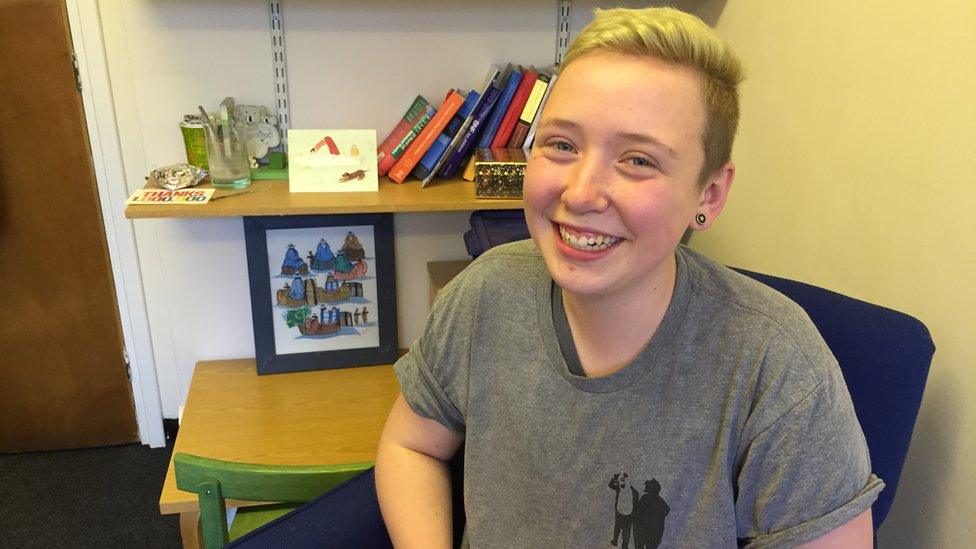
- Published7 July 2016
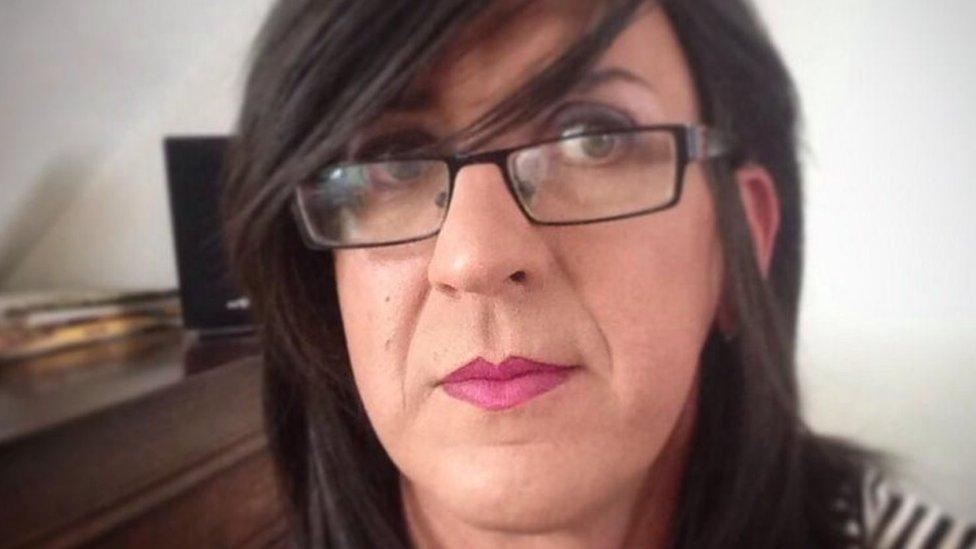
- Published31 January 2013
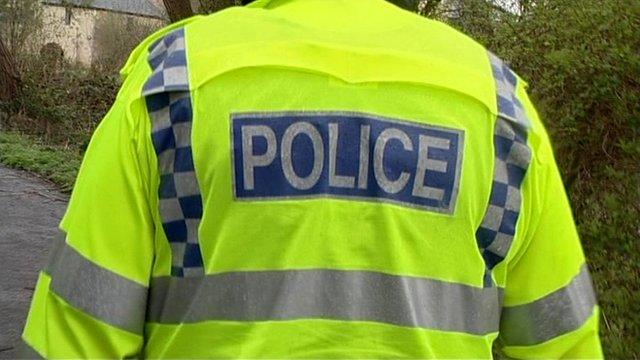
- Published14 January 2016
